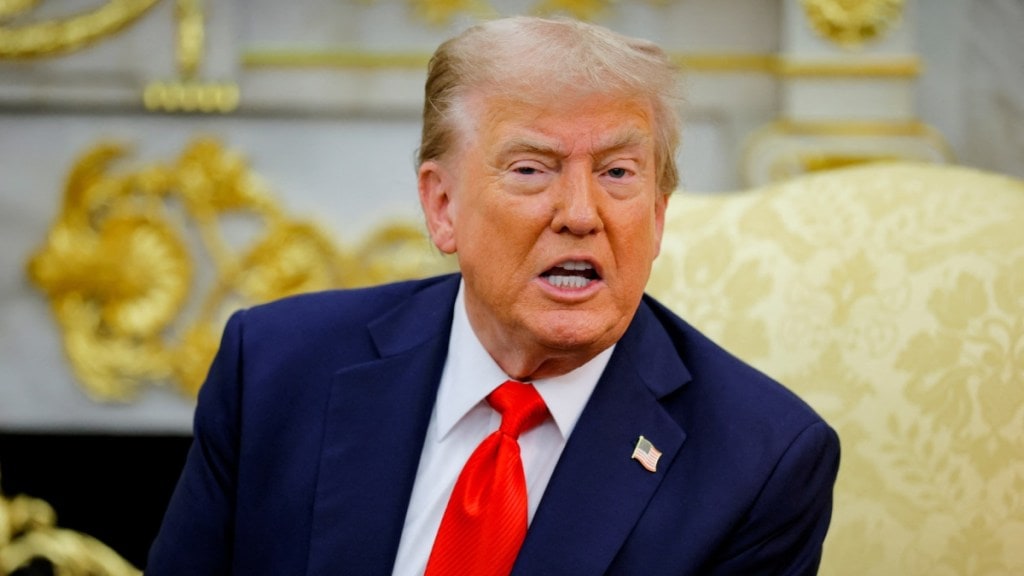The US Government shutdown, which has lasted over 40 days, may come to an end as Senators have almost reached a deal to extend government funding through January 30, CNN reported. US President Donald Trump, who was returning from a Commander’s game, told reporters outside the White House that the country is approaching an end to the shutdown. “It looks like we’re getting close to the shutdown ending. You’ll know very soon,” he said.
According to a report by the NYT, Republican Senator John Thune admitted that a spending deal with the Democrats was “coming together”. This will reopen the government after the longest shutdown in the country’s history.
What does the deal include?
According to a report by Axios, as many as 10 Democrats will support a motion to advance a package of spending bills and a short-term funding measure through the end of January. The deal was negotiated on behalf of the Democrats by Senators Angus King, Jeanne Shaheen, and Maggie Hassan, CNN reported.
The deal also includes a scheduled Senate vote in December on a Democratic plan to extend Affordable Care Act tax credits for another year, which will need 60 votes to pass. The deal also contains provisions to support federal employees laid off during the shutdown, as well as guarantee continued SNAP (food assistance) benefits until September 30, Axios further reported.
According to CNN, the agreement also calls for undoing the dismissals of federal workers and the introduction of measures to stop similar firings from occurring again in the future.
“The President and the White House have maintained since day one that we want the government open. This appears to be a good way to accomplish that goal,” Axios quoted a senior White House official as saying.
Even if the Senate vote on Sunday passes, the government shutdown may not end immediately, as the agreement still requires approval from House Democrats, Bloomberg reported. According to the Associated Press, Republicans need only a few Democratic votes, around five, to reopen the government.
The emerging deal, involving roughly 10 to 12 Democrats in negotiations, has not satisfied many of their colleagues who consider it insufficient. Beyond Senate approval, the package must clear the House of Representatives and receive Trump’s signature.
US government shutdown
The government shutdown, the longest in history, has caused significant disruptions across sectors. Staffing shortages and delayed payments have led to widespread flight cancellations and delays, with over 2,100 flights cancelled on Sunday. It is exacerbated by FAA-mandated reductions of up to 10 per cent in operations at major airports. Additionally, food assistance programs such as SNAP have been interrupted, leaving millions of Americans without access to essential nutrition support.
Essential government services have also been affected, with roughly 900,000 federal employees furloughed and nearly two million others working without pay. While certain critical programs like Medicare, Medicaid, and military operations continue, many agencies have reduced or paused activities, impacting healthcare, research, national parks, and disaster relief efforts.

